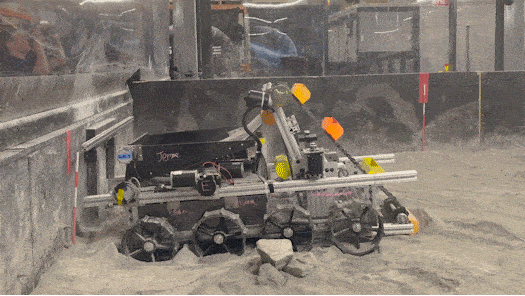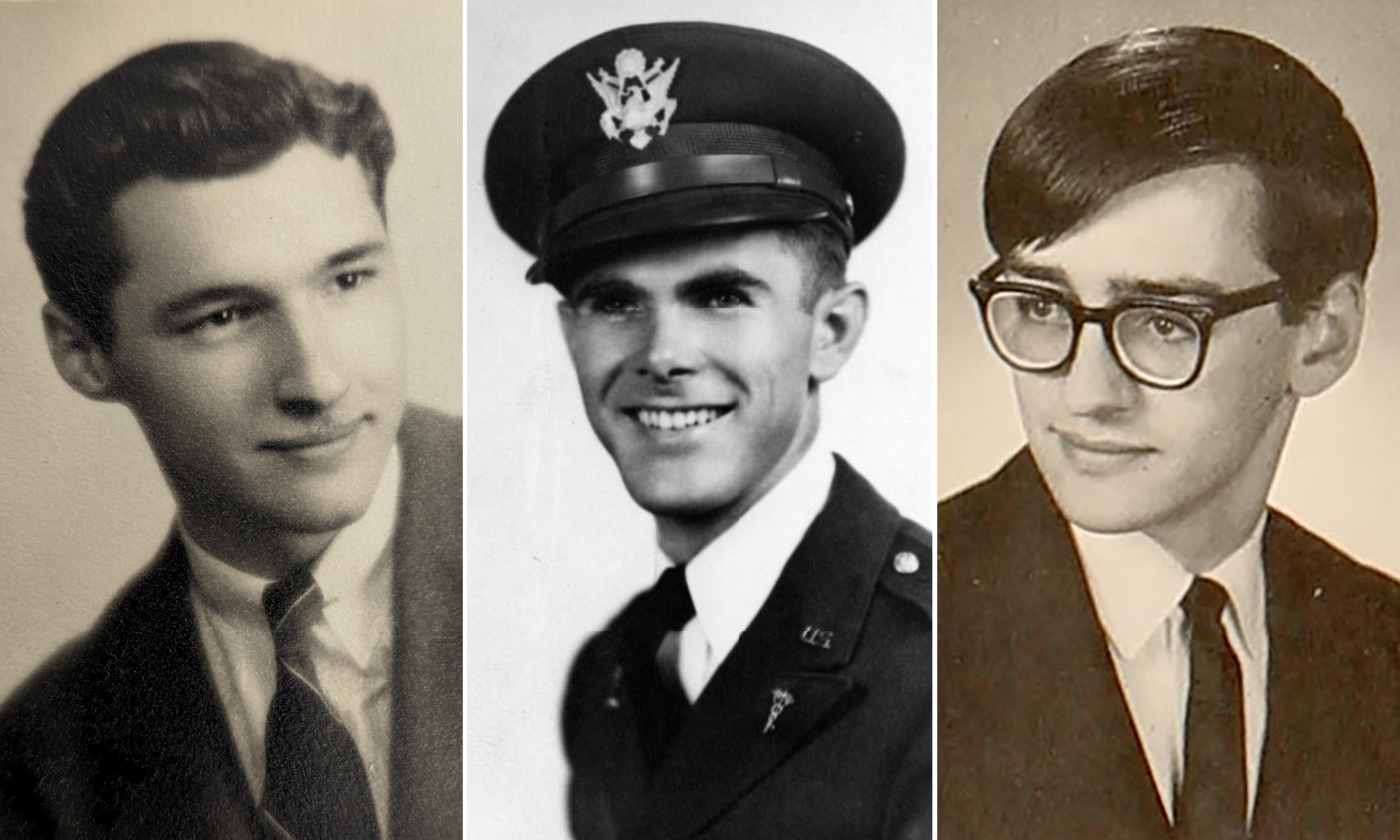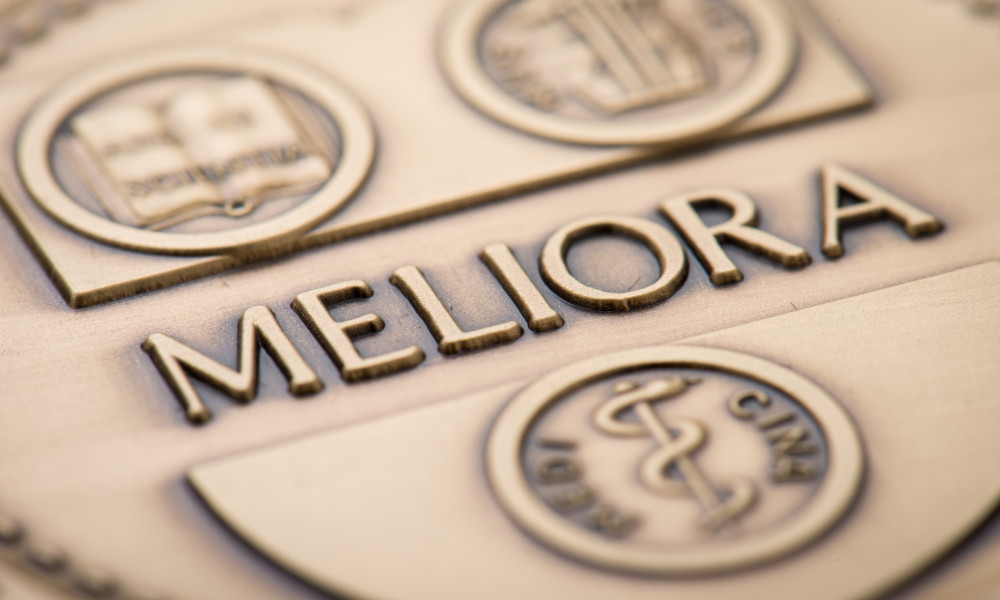Making Their Mark is a Newscenter series of profiles celebrating members of Rochester’s graduating class of 2019.
Three questions
Favorite class? “Principles of Economics with lecturer Michael Rizzo. “His lessons from economics helped me become a better engineer, and a better businessman, and a better everything. You will probably not get an A in the class but will cherish this class for the rest of your life.”
Favorite tradition? “Singing ‘The Genesee’. “I don’t know all the words, but every time I sing it, I want to cry. It’s like being home for me..”
Favorite spot on campus? The Barbara J. Burger iZone. “It’s a new space, but it means a lot to me because of the people who run it and how they run it, and what it means. Having a place dedicated to innovation helps people be more innovative.”
Muhammad Miqdad is graduating from the University of Rochester with a degree in chemical engineering. But in many respects, the degree is the least of the many things he’s gained during four years as an undergraduate.
“This has been my home base,” says Miqdad. The students he’s met from diverse cultures and backgrounds, the faculty members and administrators who have inspired him and taken a personal interest in him, the social issues he’s engaged in—all of that, in addition to the engineering skills he’s learned, have helped “shape me as a person,” he says.
Now he’s ready to tackle the world.
He displayed a knack for recruiting volunteers and fundraising. But he also discovered the limitations of the nonprofit model; once he left a project to try something new, it would start to falter. He wanted to learn whether for-profit ventures could provide the “missing piece” of the puzzle, furthering social good in a more sustainable way. And he wanted to master the skills that would be required.
He’s found his answers at Rochester. The University provided Miqdad with a Renaissance Scholarship covering his tuition for four years—and with an open curriculum that enabled him to explore social sciences in addition to engineering.
An introductory class in economics taught by lecturer Michael Rizzo “fundamentally changed the way I look at the world,” Miqdad says. He took more economics classes to hone his grasp of what drives people and socioeconomic growth, especially on a global scale.
Miqdad was serving as a technical advisor for a University of Rochester team competing for the Hult Prize—the world’s largest social entrepreneurship contest—when he heard about “an amazing, mysterious team from Pakistan” that bested over 40 teams from around the globe with a project aimed at alleviating the global water crisis. He contacted the CEO of the organization, PakVitae, to offer his congratulations and learn more about the startup’s innovative filtration technology, which could provide clean drinking water to families in developing countries at less than a cent per liter.
It was the “missing piece” Miqdad had been looking for. By the end of the conversation, Miqdad was hired at PakVitae and is now the company’s business development executive.
After graduating Miqdad’s schedule is pretty much booked for the next two years.
He’ll be focusing on expanding PakVitae to new markets in East Africa and Southeast Asia while collaborating with international relief organizations to find ways to serve those in need. “I see myself as the lunar lander for the company, exploring uncharted territory, engaging with different communities to identify their pain points, and then relaying that back to my team. That is basically my job, connecting dots with technology and an end product.”
Beyond two years?
Eventually, Miqdad wants to work in “impact investing”—securing capital for companies with a high social impact so they can grow.
“I want to stay engaged with young entrepreneurs who are really smart in their own areas,” he says.
First, however, Miqdad may return to Rochester to get a master’s degree from the Technical Entrepreneurship and Management (TEAM) program—and get to know his “home base” even better.
“Now that I’m leaving, I’m realizing how many other resources there are here that I didn’t even know about.”



